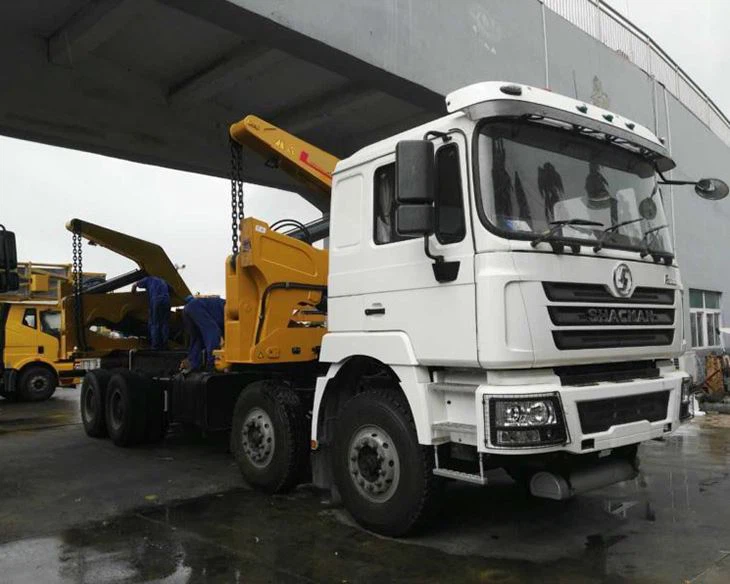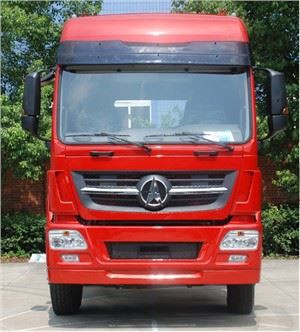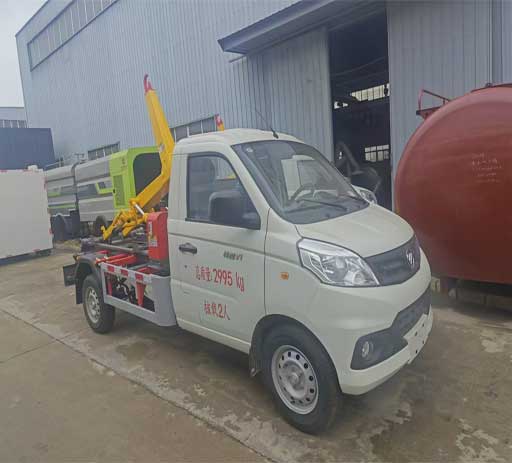Mobile Trash Compactor: Revolutionizing Waste Management

Introduction
As urban areas continue to expand and populations increase, effective waste management has become a growing concern. Among the innovative solutions available for tackling this issue, mobile trash compactors have emerged as a practical and efficient option for both residential and commercial applications. In this article, we will explore various aspects of mobile trash compactors, including their operation, benefits, types, maintenance, and tips for choosing the right one for your needs. This comprehensive guide is designed to help you understand the importance of mobile trash compactors in modern waste management.
What is a Mobile Trash Compactor?
A mobile trash compactor is a mechanized unit designed to compress waste, reducing its volume and making it easier to transport. These units can be moved easily, making them ideal for various settings such as construction sites, events, and even residential neighborhoods. They often come with bins or containers to hold the waste, ensuring that it is managed safely and effectively.
How Mobile Trash Compactors Work
Mobile trash compactors operate using hydraulic or mechanical systems to compress waste. The main components typically include:
- Compaction Chamber: Where the waste is collected and compressed.
- Hydraulic System: Helps in applying force to compress the waste.
- Control Panel: Allows operators to manage the compaction process.
- Tires or Wheels: For easy mobility and transport.
Benefits of Using a Mobile Trash Compactor
Mobile trash compactors offer several benefits, making them an excellent solution for waste management:
1. Space Efficiency
By significantly reducing the volume of waste, mobile compactors require less space for storage, enabling more effective use of valuable land.
2. Cost Savings
Less frequent pickups are needed due to reduced waste volume, which can lead to lower waste management costs over time.
3. Environmental Impact
Reduced frequency of waste pickups means lower fuel consumption and greenhouse gas emissions, contributing positively to environmental sustainability.
4. Enhanced Safety

Mobile compactors help to keep waste organized and contained, reducing the risk of accidents and injuries related to loose or scattered waste.
Types of Mobile Trash Compactors
There are various types of mobile trash compactors, each suited for different applications:
1. Industrial Mobile Trash Compactors
Designed for heavy-duty use in factories, construction sites, and warehouses, these compactors can handle larger volumes and heavier materials.
2. Commercial Mobile Trash Compactors
Ideal for retail establishments and restaurants, commercial compactors are designed to manage organic waste and typical trash efficiently.
3. Residential Mobile Trash Compactors
These compactors are smaller, designed for home use, and can handle regular household waste effectively.
4. Portable Trash Compactors
These are lightweight and easily transportable, making them perfect for events and temporary sites.
Choosing the Right Mobile Trash Compactor
Selecting the right mobile trash compactor depends on several factors:
1. Waste Volume
Understand the amount of waste you generate; this will help determine the size and type of compactor needed.
2. Type of Waste
Consider what types of materials will be disposed of (e.g., organic waste, recyclables, construction debris).
3. Mobility Requirements
Assess how often and where the compactor needs to be moved to find a model that suits your logistics.
4. Budget
Determine your budget, keeping in mind that investing in a high-quality compactor can lead to long-term savings.
Maintenance Tips for Mobile Trash Compactors
Regular maintenance of mobile trash compactors ensures optimal performance and longevity. Here are some tips:
1. Regular Cleaning
Keeping the compactor clean prevents odors and helps maintain hygiene. Use biodegradable cleaners whenever possible.
2. Check Hydraulic Fluids
Monitor and replace hydraulic fluids as needed to ensure smooth operation.
3. Inspect Tires
Regularly check the tires for wear and tear, ensuring they are properly inflated for optimal mobility.
4. Routine Inspections
Conduct periodic inspections and maintenance checks to catch potential issues early.
Real-World Examples of Mobile Trash Compactor Use
Mobile trash compactors have been successfully implemented in various settings:

1. Construction Sites
Construction companies use mobile compactors to manage debris efficiently, reducing the frequency of pickups and minimizing site clutter.
2. Open-Air Events
Festivals and fairs utilize portable mobile compactors to handle waste generated during events, leading to cleaner environments and easier waste transport.
3. Restaurants
Many restaurants employ mobile compactors to handle a high volume of organic waste, streamlining their waste management processes.

Cost-Effectiveness of Mobile Trash Compactors
Investing in a mobile trash compactor can lead to significant savings:
| Cost Factor | Description | Estimated Savings |
|---|---|---|
| Pickup Frequency | Less frequent waste collection needed. | 20-30% |
| Fuel Costs | Reduced transportation costs due to lower volume. | 10-15% |
| Labor Costs | Less labor needed for waste handling. | 15-20% |
Frequently Asked Questions
1. How much space do I need for a mobile trash compactor?
The space requirement depends on the compactor’s size. It’s advisable to have adequate room for the compactor and for maneuvering around it.
2. Can I use a mobile trash compactor for all types of waste?
No, you should use the appropriate type of compactor for specific waste (e.g., organic, recyclable, construction debris) to ensure efficiency and compliance with local regulations.
3. How do I maintain a mobile trash compactor?
Regular cleaning, fluid checks, tire inspections, and routine maintenance checks are essential for keeping your compactor in optimal condition.
4. Are mobile trash compactors cost-effective?
Yes, they can lead to significant savings in waste management costs, fuel, and labor, making them a worthwhile investment in the long term.
5. Where can I buy or rent a mobile trash compactor?
Mobile trash compactors can be purchased or rented from specialized equipment suppliers, construction rental companies, or waste management firms.
6. What is the average lifespan of a mobile trash compactor?
With proper maintenance, most mobile trash compactors can last anywhere from 5 to 10 years, depending on usage conditions and care.
